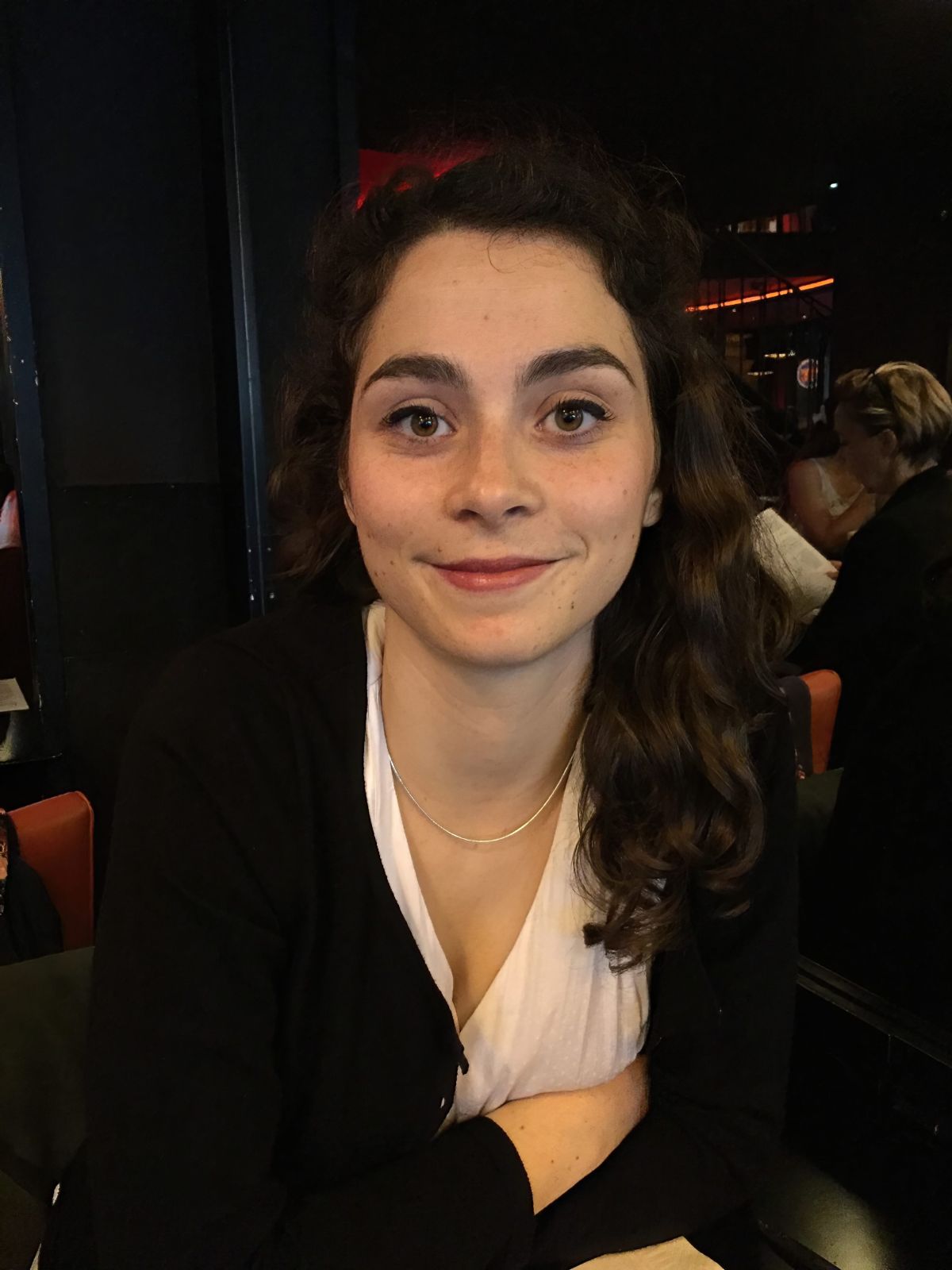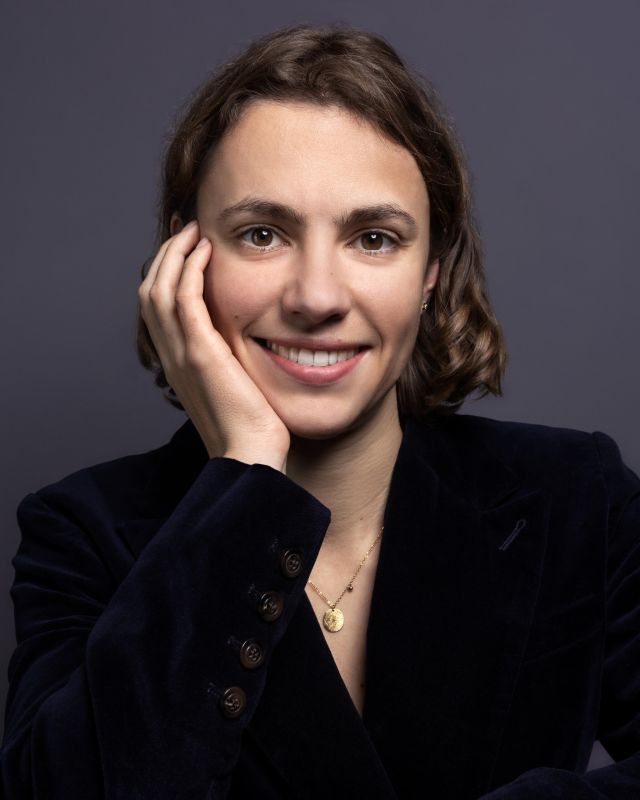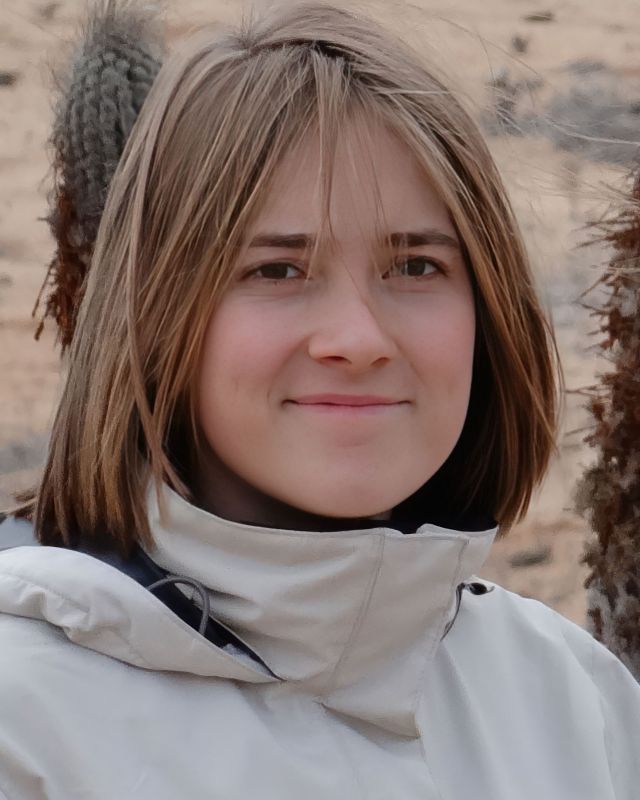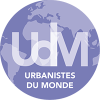Portrait

Léa Loubier - STU, 2015 - A course focusing on housing and access to housing policies
Posted on | Alumni Portrait
Portrait by Lise Patron
To begin with, can you give us a little reminder of your background and the reasons that led you to the STU master?
After the baccalaureate, I studied at the Collège Universitaire de Sciences Po, on the Paris campus, before doing my 3A at the University of Copenhagen. I then chose the Master STU because it allowed me to approach public policies at the local level. At that time I was convinced that it is at this level that we can change things and make things evolve for the benefit of citizens. I was also particularly interested in the collective project and the internship because they added a very professional dimension to the master's degree.
You mention your group project: where did you do it and what did you do there?
I carried out my collective project for the Agence Nouvelle des Solidarités Actives (ANSA) which is an association whose functioning is quite similar to that of a study and consulting firm. Our group of 4 students had to propose an analysis of the strategies put in place by the Departmental Councils in terms of social action in a context of decreasing State allocations and increasing their expenses. We carried out a typology of the strategies implemented by the Departmental Councils according to their compulsory expenditure and the optional measures that they sometimes put in place, in order to compare their ways of adapting to the constrained context that they were in. Based on quantitative interviews and a qualitative survey, we have written a study report and about twenty courses of action for ANSA to improve its service offer to local authorities in charge of social action
What's next? How did you find your internship, where did you do it and what did you do there?
After this collective project experience and my two years in the master's program, I wanted to work on policies related to education, in a broad sense. While talking about it with my classmates, two of them told a former STU student present at a networking session about my desire. This professional, who worked for the consulting firm Plein Sens, contacted me and proposed an internship adapted to my desires. The idea was to participate in the firm's activities related to higher education and research, in particular to reinforce the company's expertise in this area. During six months, I did a lot of documentary research, issue notes and participated in responses to calls for tender in order to develop the firm's position and strategy on these issues. I also supported the work of the consultants with universities (and in particular with their presidential teams) who sought our expertise in order to define their institutional strategies (decision support). Even if higher education policies are not much addressed in the Master STU, I relied on my solid knowledge of local authorities, which have governance modes quite similar to universities, and the transition went well. It also allowed me to acquire a somewhat "original" expertise for an STU, but also to discover the activities of the consulting and research sector.
And after the Grand Oral, what did you do?
After the Grand Oral, I looked for a job for about six months. During this period, I had interviews with former STU students in order to clarify my professional project and to get advice from them (e.g. how to negotiate my salary). Indeed, in spite of the contribution of the collective project and the internship, I still had difficulties to identify the fields but also the structures in which I wanted to work. I wanted to continue to work in connection with higher education in order to strengthen my legitimacy on this specific subject, and I made several unsolicited applications to large cities, active in this area, particularly in connection with economic development issues. Being a Parisian, I asked myself at that time the question of leaving Paris, and I was ready to do so. In my opinion, it is really important to ask yourself this question, because you have to be ready even if there are many excellent opportunities outside of the Paris region! After going through several interviews, I found a job in January 2016 as a Research Officer at the Development Department of the University of Paris-Est Créteil. Within this administrative and political department, I was in charge of producing decision-making tools (arbitration notes, arguments and recommendations, studies...), responding to calls for projects and thinking about the strategic positioning of one of the Ile-de-France universities. I was thus able to develop project management skills by providing support for the steering and coordination of the institution's strategic projects. A few months after I was hired, the presidency of the university changed, which called into question the previously established objectives and capes. Due to the lack of interesting missions, I decided to change jobs... In my job search, I favored an interesting position with varied and stimulating activities, rather than a thematic orientation.
What about today?
Thanks to an offer published on the Inter-ministerial Public Employment Exchange (BIEP), I then found my current job in December 2016 at the Inter-ministerial Delegation for Housing and Access to Housing (Dihal). This is a department of the Prime Minister, functionally attached to the Ministry of Territorial Cohesion and Relations with Territorial Communities. I find it an interesting structure to work in. It is an entity of the central state administration, but with a much more flexible functioning: it is composed of a team of about thirty people, and the hierarchical structure is not very marked. In my position, I am responsible for implementing cross-cutting policies to improve housing and access to housing for homeless people. We work with many partners (central administrations, decentralized State services, local authorities, associations, social landlords, etc.). As far as I am concerned, I am the Housing Project Manager within the Housing and Access to Housing Unit, on a three-year fixed-term contract, renewable once. I am in charge of steering and monitoring the plan to reduce the use of overnight stays in hotels, the program to humanize shelters, the development of innovative support practices such as peer assistance, and issues related to the participation of the people housed and supported. I am also in charge of the elaboration, follow-up, territorialization and implementation of the five-year plan for Housing First and the fight against homelessness. My daily missions: to organize and lead working meetings and steering committees, to write various notes, in particular arbitration notes, to carry out a monitoring and prospective activity on the field, to work in network with many very diverse partners, to take part in the regulatory and legislative activity on the subject, to lead a network of communities (drafting of newsletters and an extranet, regular exchanges with the technical services of the communities, animation of days of exchanges between territories...), modelling and reflexion for the improvement of the policies of access to the housing of the homeless persons
The policy of access to housing for the homeless is at the heart of your work: could you tell us a little more about it?
Indeed, following the election of Emmanuel Macron, there was a desire to reform the housing sector and access to housing for homeless people, which led my team to develop and implement a Housing First Plan. We therefore carried out a major consultation of the sector's actors, and then drafted, with other administrations, the 60 measures of this plan that we now have to implement. We have also chosen to territorialize this policy so that it is not top-down and involves local authorities: we are working in particular with 23 local authorities who have volunteered and committed themselves within the framework of a call for expressions of interest.
How do you see your future career?
I am currently thinking about taking the administrative exams (INET, ENA, hospital and prison administration). I will soon have the possibility to take them internally (4 years of public service). In fact, in the civil service, the status of contractual employee quickly becomes an obstacle to career development. I had already wondered about the advisability of taking the competitive exams after the Master STU. Even if the fact is that taking a competitive exam when you are already in the working world is a bit more complicated, I think I am now more determined to do it because I know that I like working in the public service. For the moment, I am staying at Dihal!
What did the STU master's degree bring you?
What I remember about the STU master's degree is first of all a very good collective atmosphere, which is important in view of the numerous group works that we have to do. I really appreciated being able to work with people who had very different backgrounds and opinions from mine. I think that the master's degree also provides us with a culture of the local level and a detailed knowledge of the interplay of actors, which is very valuable later on. Generally speaking, at Sciences Po, you learn to analyze and think quickly, and to adapt to many subjects very quickly, which are very important skills for the future.
Finally, would you have any advice for current students?
We spend a large part of our lives at work, so it's important to choose a job that is challenging and in line with our values! For students who have just graduated, I would say that you should not underestimate yourself during the job search: you learn very quickly, and by doing!
Follow your intuitions, your convictions, and your desires!
Marion Waller - GLM 2014 - Directrice Générale of the Pavillon de l'Arsenal
Posted on October 20, 2023
Hello Marion, could you start by telling us about your university career and the reasons that led you to the GLM Master's programme? First of all, I did a dou…
Fanny Coulombié - STU - from Agro Paris Tech to Sciences Po
Posted on December 14, 2018
From Agro Paris Tech to Sciences Po, a course focused on sustainable development and health-friendly urban planning Hello Fanny, to begin with, can you tell…
 English
English  Français
Français 




